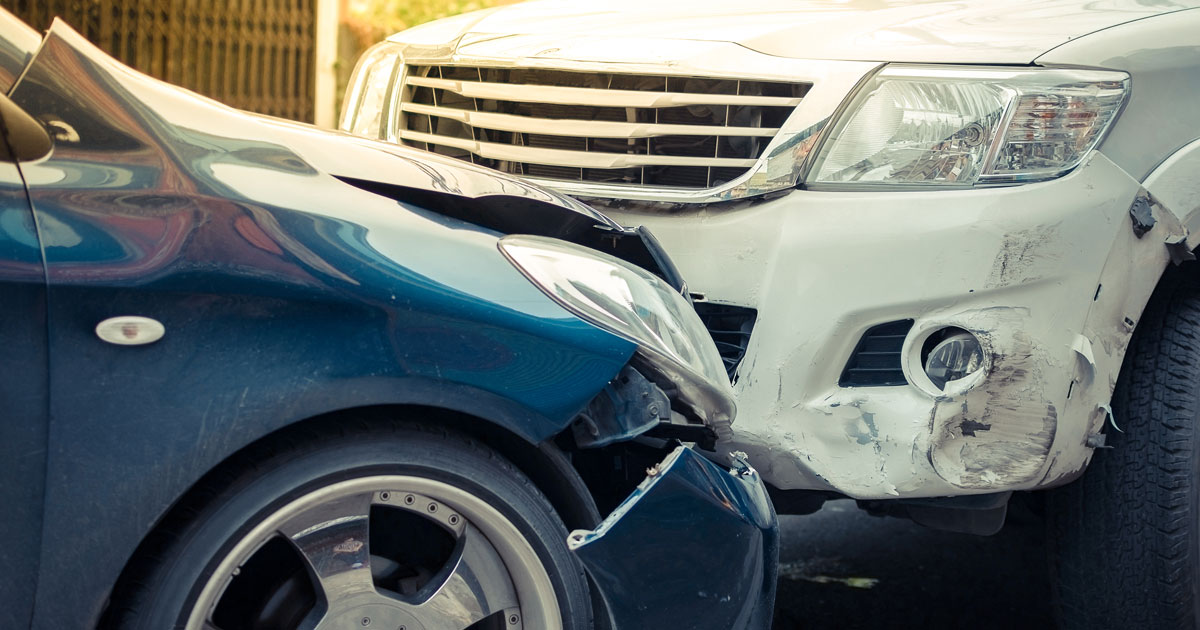The journey toward pursuing fair compensation for car accident injuries often takes a few detours before things are resolved. A common one involves comparative negligence. Many car accident survivors think that liability determinations are clear, but when comparative negligence comes into play, compensation amounts can change. How does it happen?
What Is Comparative Negligence?
Comparative negligence refers to the degree of fault each person involved in an accident has. New Jersey insurers investigate crashes and decide how much each party contributed to what happened. Bear in mind that if you are pursuing reimbursement from your own insurer, you will not need to worry about comparative negligence. It becomes relevant when you pursue claims against other drivers.
How Is Fault Determined in Car Accidents?
Determining fault in a car accident involves evaluating evidence, applying state laws, and assessing each driver’s actions leading up to the crash. Insurance companies, law enforcement, and sometimes the courts play a role in this process:
- Police Reports: Officers responding to an accident document the scene, interview drivers and witnesses, and may issue citations. Their report provides an official account that insurers and legal professionals use to assess fault.
- Eyewitness Statements: Testimonies from passengers, bystanders, or other drivers can clarify how the accident occurred and support or challenge each driver’s version of events.
- Traffic Violations: If one driver was speeding, running a red light, or otherwise violating traffic laws, they are more likely to be found at fault.
- Vehicle Damage and Accident Reconstruction: The location of damage, skid marks, and video footage may be analyzed to reconstruct the accident and determine responsibility.
Is New Jersey an At-Fault State?
Yes. After a motor vehicle crash, the drivers and injured parties can file claims seeking compensation from their own auto insurance companies. That is, regardless of fault, it is designed to reduce the number of complicated settlements and litigation.
All New Jersey vehicle owners must have the minimum required amount of insurance before driving:
- Personal Injury Protection (PIP) covers your medical expenses and medical care for your passengers after a car accident, regardless of fault. The minimum is $15,000, which would likely not cover serious injuries.
- Uninsured motorist insurance goes into effect for policyholders involved in crashes with drivers without proper insurance coverage.
- Liability insurance can pay for damages suffered by others in a collision that you caused. In New Jersey, drivers only need to carry $5,000 ‘property damage’ liability coverage while ‘bodily injury’ liability insurance costs extra.
Can I Sue the Other Driver?
New Jersey’s at-fault laws limit the ability to sue other parties for car accident damages, but you might be able to do this, depending on your policy. A ‘Standard Policy’ offers the option to sue for pain and suffering, along with other non-economic damages. You might also have the right to sue for these damages:
- Permanent injuries
- Significant scarring or disfigurement
- Death of a family member
- Dismemberment
- Loss of a fetus
- Displaced fractures
How Is Comparative Negligence Determined?
After reviewing the evidence and other information, a claims adjuster, judge, or jury will determine the degree of negligence. That is completed on a case-by-case basis. The degree of negligence is presented by percentage, like 25% or 30%. However, there is a 51% bar rule, though, which means that if they find you to be 51% or more responsible for the crash, you cannot recover any damages.
If you are dissatisfied with the percentage, you can speak with the claims adjuster; all insurance companies have internal appeal processes to review disputed claims. Our legal team also offers free consultations and can explain your options.
Experienced Atlantic City Car Accident Lawyers at D’Amato Law Firm Help Clients Establish Liability After Serious Crashes
If you were involved in a serious car accident, turn to the seasoned Atlantic City car accident lawyers at D’Amato Law Firm for trusted legal guidance. For a free initial consultation, call our Egg Harbor Township, New Jersey, office at 609-926-3300 or submit the online form. We proudly serve clients in Atlantic City, Linwood, Galloway Township, Cape May, Vineland, Millville, Bridgeton, Ocean City, Woodbury, and South Jersey.
 Google Screened
Google Screened


